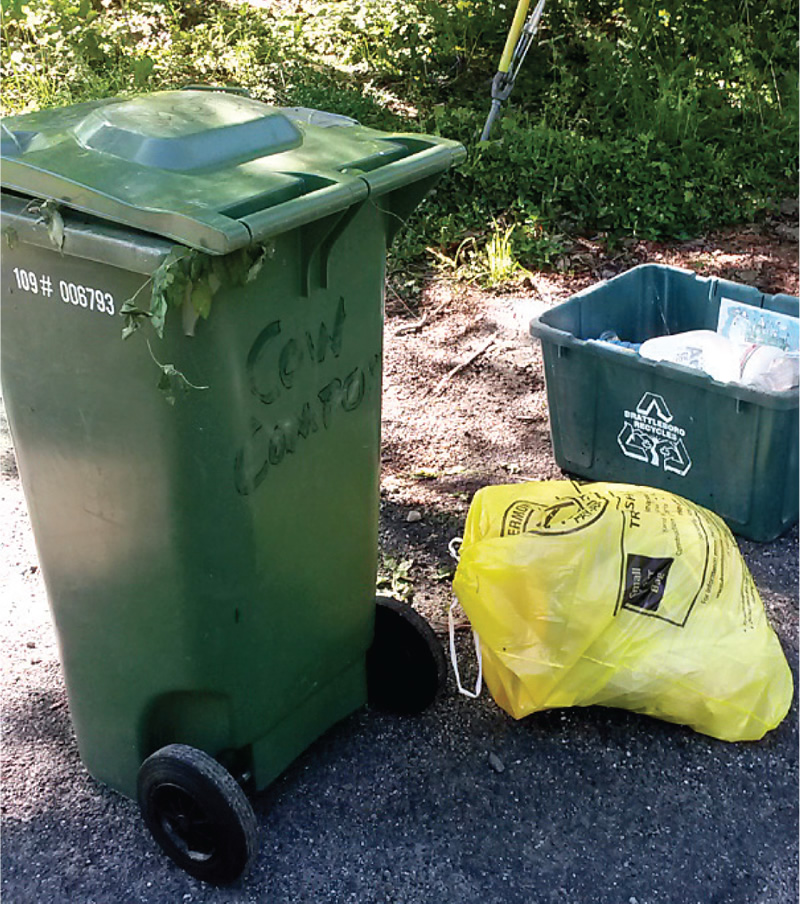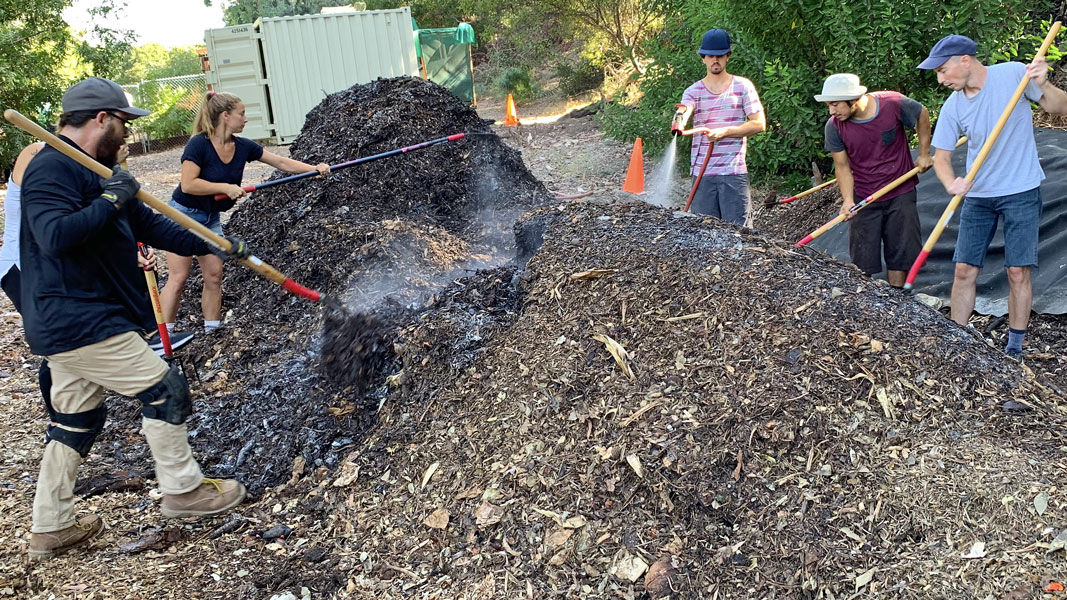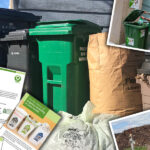Top: Photo courtesy of LA Compost
The Institute for Local Self-Reliance (ILSR) and the Minnesota Composting Council (MNCC) were among the 25 awardees of more than $73 million in Recycling Education & Outreach (REO) Grants announced by the U.S. EPA on November 15, America Recycles Day. In addition, the agency is making available approximately $32 million for states and territories to improve solid waste management planning, data collection and implementation of plans. “Two years ago today, the President signed the Bipartisan Infrastructure Law and with it, unleashed unprecedented funding to enable Tribes and communities to update recycling and composting infrastructure, while also advancing education programs to increase recycling rates and reduce waste,” said EPA Administrator Michael S. Regan. These recycling grants will help tackle consumer confusion and outdated recycling infrastructure, the largest barriers to proper recycling, notes EPA, adding that 74% of the funding allocated in the REO grants will benefit underserved and overburdened communities.
The ILSR was awarded $1,428,214 for a national composting campaign that aims to catalyze implementation and growth of community composting around the country over the grant’s three-year period. According to ILSR, the funding will be used to expand access to training and public outreach materials that elevate composting’s many benefits; support and grow community-based composting via workshops, podcasts, webinars, networking and knowledge-sharing opportunities, and development of resources and best practices; and create an online interactive Local Composting Toolkit — a curated hub of options, resources, and tools to guide local government, community composters, and individuals in advancing at-home and community composting. “Collaboration and working in underserved and overburdened communities play a central role in all our work,” explains Brenda Platt, Director of ILSR’s Composting for Community Project. “We look forward to amplifying and sharing the stories of our many Community Composting Coalition network members.”

Curbside setout with trash in yellow bag, recyclables in bin and organics in cart. Photo by Moss Kahler
The MNCC received $934,947 to develop a toolkit that can be used by communities around the state and nationwide to increase participation and decrease contamination in their residential drop-off or curbside organics recycling programs. The toolkit will include customizable templates to promote organics recycling programs, best management practices documents for promotions, and measuring and reducing contamination. A library of photos and videos showcasing accepted materials and the composting processes at the source separated organics composting facilities in Minnesota will also be a toolkit component.
Another recipient is World Wildlife Fund (WWF), which received $1,164,792 to expand its school-based Food Waste Warriors initiative that involves food waste audits and implementation of a conservation curriculum to connect the dots between food, waste, natural resources, and wildlife. The grant covers four cities across Georgia, Maryland, and Tennessee to promote food waste reduction and recycling.













